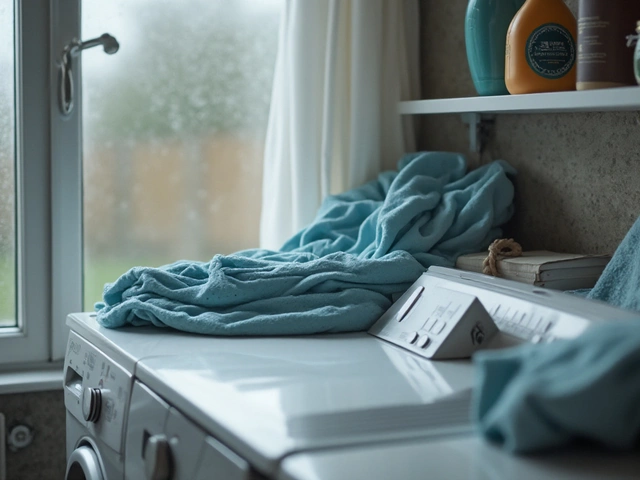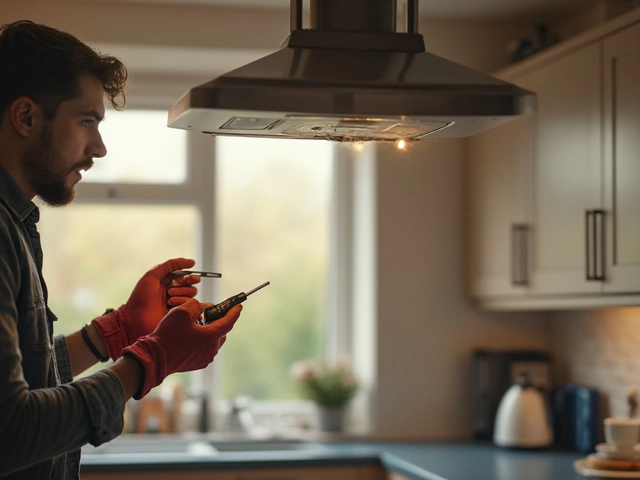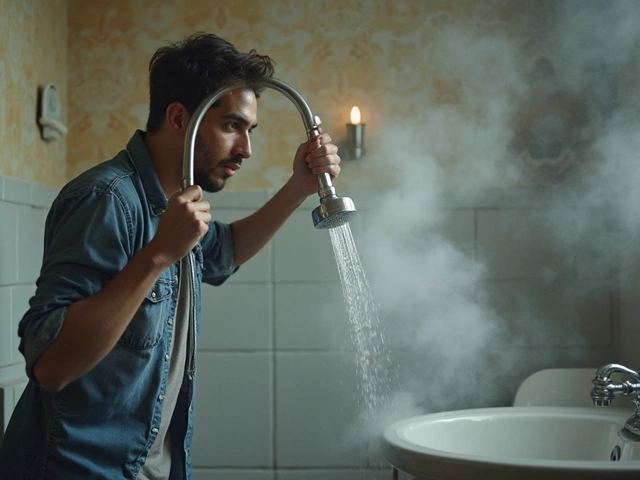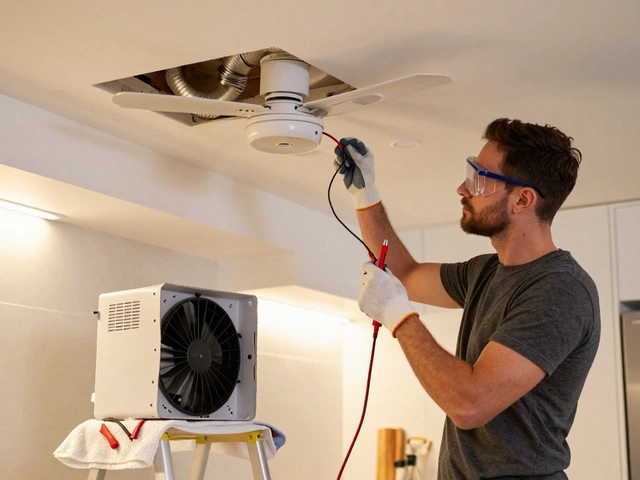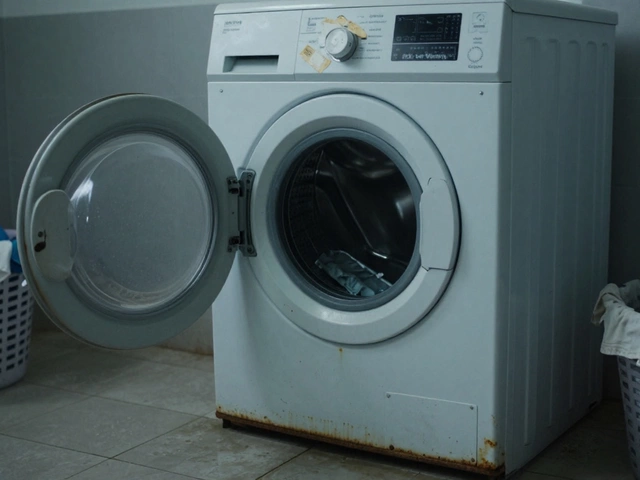Heating and Cooling: Practical Tips to Keep Your Home Comfortable
Whether it's a chilly morning or a sweltering afternoon, a reliable heating and cooling system is a must. In Rugby homes you’ll find boilers, heat pumps, water heaters and extractor fans all working together. When one part stops, the whole comfort level drops. Below are easy steps you can take before you pick up the phone.
First, know what you have. A traditional boiler provides hot water and radiators, while a heat pump pulls heat from outside to warm the house and can reverse to cool it in summer. Water heaters store hot water for showers and dishwashers, and extractor fans keep moisture out of kitchens and bathrooms. Each piece has its own signs when something’s wrong.
Simple DIY Checks Before You Call a Technician
Start with the basics. Is the boiler’s pressure gauge in the green zone? Low pressure often means a leak or a need to re‑pressurise the system – a quick fix if you have the right valve. Listen for unusual noises; clicks or gurgles can point to air in the system, which you can bleed out with a radiator key.
For heat pumps, check the outdoor unit’s fan. Is it blocked by leaves or snow? A clear fan lets the pump move heat efficiently. Also, verify that the thermostat is set correctly and that the batteries aren’t dead. Many “no heat” complaints disappear with a fresh set of batteries.
Water heaters are simple too. If you’re getting cold showers, feel the tank for warm spots. A rusty smell or sediment at the bottom means it needs flushing. Turn off power, attach a garden hose to the drain valve, and let it run until the water is clear. It’s a cheap job that can add years to the heater’s life.
Extractor fans don’t heat or cool, but they affect overall comfort by reducing humidity. If the fan hums but doesn’t spin, the motor may be stuck – a gentle tap can free it. If there’s no sound at all, check the circuit breaker before assuming the fan is dead.
When Professional Help Is Worth It
Some problems are best left to the pros. If you see water pooling around the boiler, notice carbon monoxide smells, or the system won’t fire at all, shut it down and call a certified boiler technician immediately. These issues can be dangerous and need proper tools.
Heat pump faults like refrigerant leaks or compressor failures require licensed service. Trying to repair them yourself can void warranties and damage the unit. A qualified engineer can check pressures, recharge refrigerant, and replace a faulty inverter board.
Water heater leaks from the bottom or crack in the tank are signs the whole unit may need replacement. Repairs on a leaking tank are often more expensive than a new, energy‑efficient model, especially if the heater is older than ten years.
For extractor fans, if the motor is burning out or the wiring looks scorched, a qualified electrician should handle it. Electrical work in damp areas can be risky without proper protection.
Regular maintenance saves money. Schedule an annual boiler service, clear debris from the heat pump’s outdoor coil, and flush the water heater twice a year. Even a quick visual inspection of fans and filters each month keeps them running smooth.
Bottom line: a few simple checks can fix many heating and cooling hiccups, but don’t gamble with safety. Know when to roll up your sleeves and when to call a professional. Keeping these systems in top shape means cozy winters, cool summers, and fewer surprise breakdowns.
